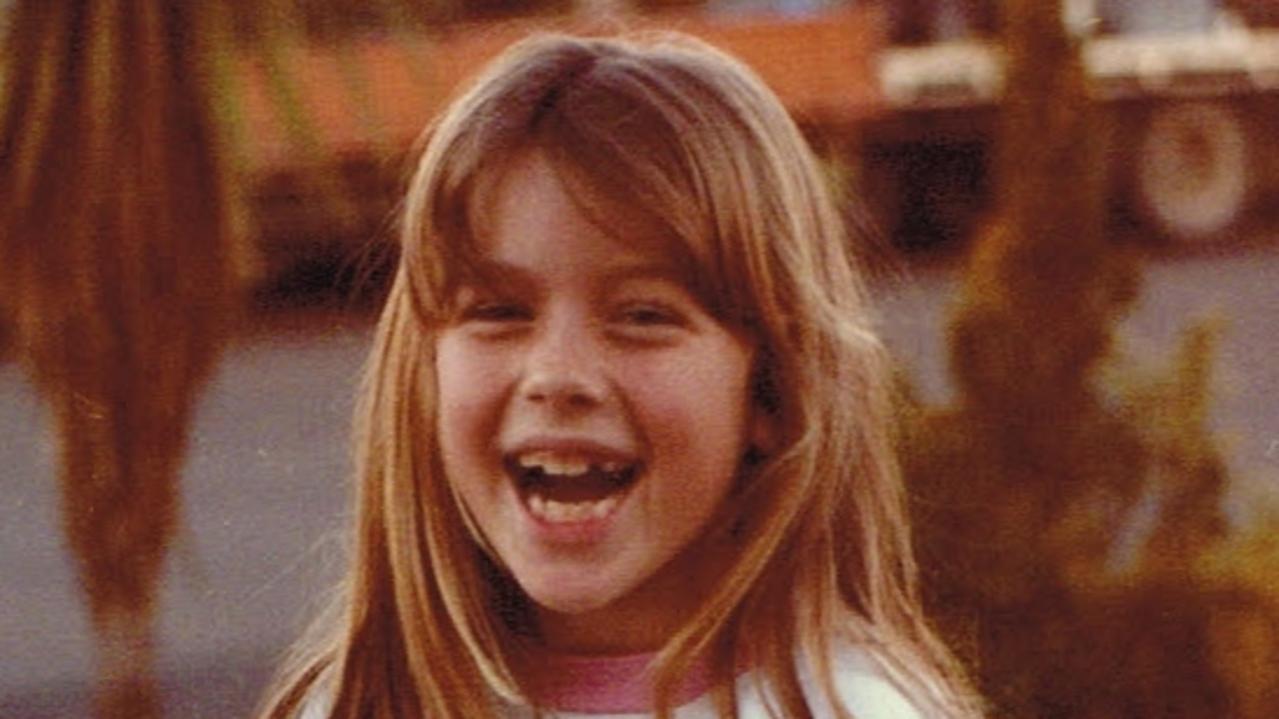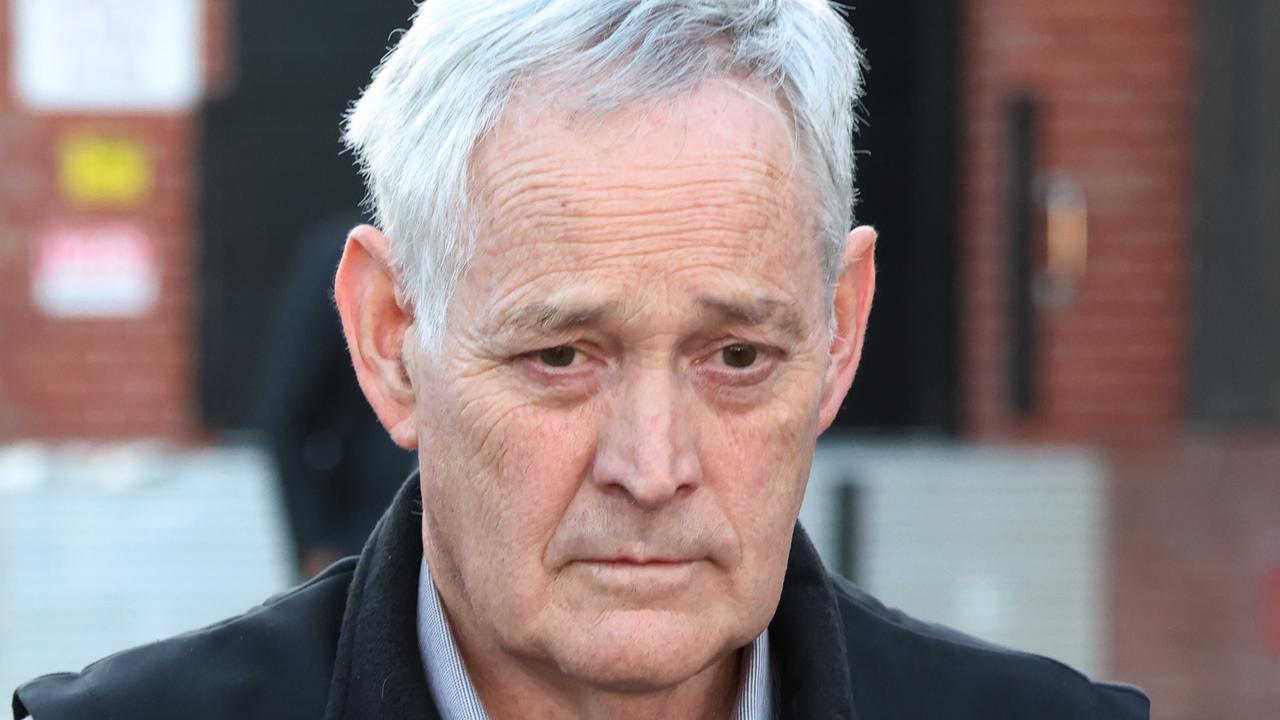Weinstein jury finishes day one of deliberations without a verdict, but asks judge to see blueprint of the accused’s apartment
The jury in the rape trial of fallen mogul Harvey Weinstein has requested additional information to be supplied as it tries to reach a verdict on sexual assault claims.
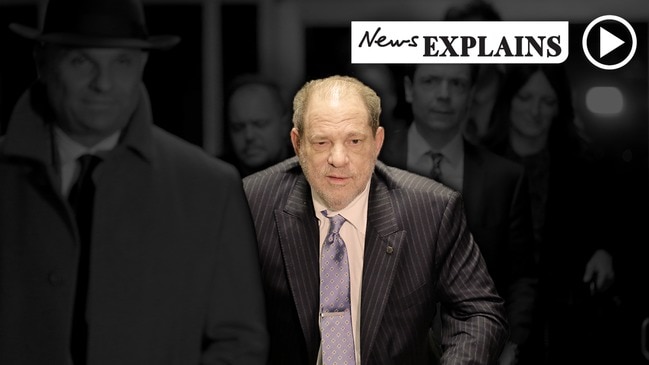
True Crime
Don't miss out on the headlines from True Crime. Followed categories will be added to My News.
On Wednesday afternoon local time, jurors in the Harvey Weinstein case asked for additional evidence to be supplied as they weighed up the case against the disgraced film producer.
Jurors requested email exchanges between Weinstein and one of his accusers, Mimi Haleyi, as well as a copy of her full testimony.
They also asked the judge to clarify the charges Weinstein faces in regards to Haleyi’s allegations.
Judge James Burke agreed to allow the jurors to view the emails from a safe laptop in a deliberation room but said that her testimony would have to be read back to them by a court reporter, rather than the printed transcript they requested.
On Tuesday, jurors in Weinstein’s rape trial ended their first day of deliberations with plenty of questions and no verdict.
The landmark #MeToo case could put the fallen mogul behind bars for the rest of his life.
Before they retired to consider a verdict, Judge James Burke cautioned jurors that their decision is “not a referendum on the #MeToo movement”.
The jury is weighing charges that Weinstein raped then-aspiring actor Jessica Mann in a Manhattan hotel room in 2013 and forcibly performed oral sex on another woman, TV and film production assistant Mimi Haleyi, in 2006.
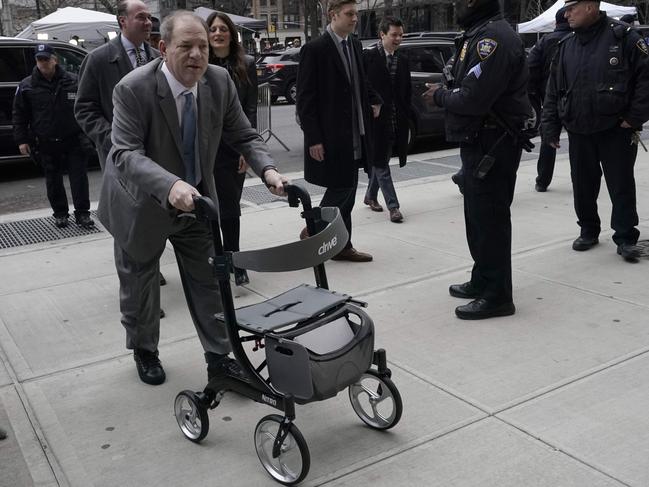
The seven-man, five-woman jury retired to consider their verdict about 11.30am Tuesday local time after taking legal directions from the judge.
About 45 minutes later, the jury sent out their first note to the judge, asking for the legal definitions of some of the charges against the fallen producer — including “forcible compulsion” and “consent.”
Jurors also asked why actress Annabella Sciorra is just part of a “predatory sex-assault” charge or attack pattern and not a stand-alone alleged victim.
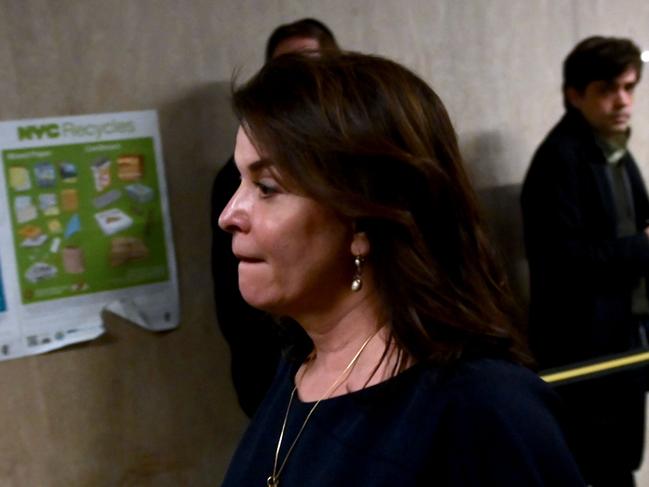
It is because the statute of limitations had already expired on the alleged crime against her.
Manhattan Supreme Court Justice James Burke said he will read the jurors the definitions they requested.
As for Sciorra’s case, he told them, “You must consider only the charges that are before you.”
The jury also asked to be shown the blueprints of Weinstein’s Soho apartment, and some of his emails in which certain accusers’ names were highlighted.
Weinstein is accused of sexually assaulting Mimi Haleyi at the Soho apartment in 2006.
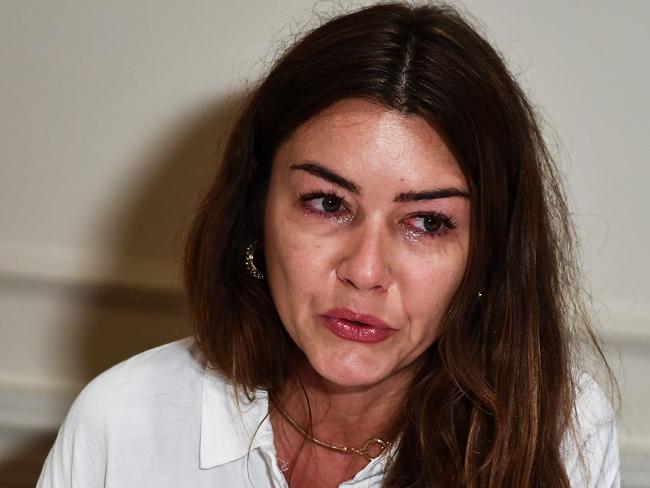
The jurors appeared to also be asking for emails that Weinstein sent to Sam Anson, a private investigator, which included a “red flag list” of potential accusers to investigate. Actress Annabella Sciorra was on the list, and her name was highlighted in red, Anson testified. Anson said he ultimately did not perform the investigation.
The prosecution and defence conferred with the judge about the request, and they agreed to provide the items to the jurors.
The 12-person panel began deliberating earlier on Tuesday morning, after Justice James Burke read them instructions.
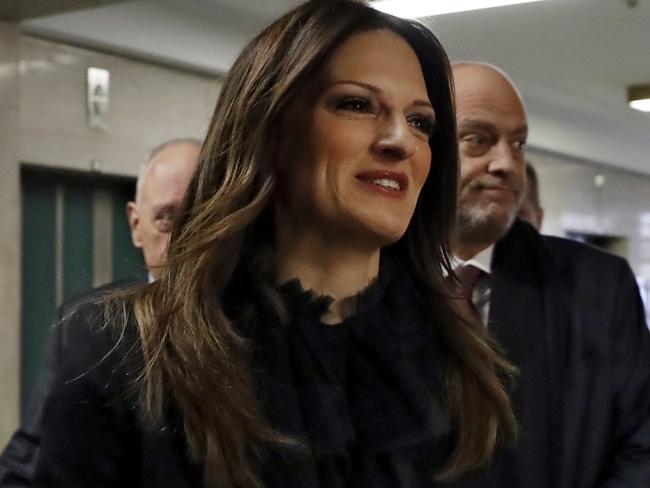
Before the jury was sent out, Weinstein lawyer Donna Rotunno was criticised by the prosecution over a Newsweek essay over the weekend, drawing complaints from a prosecutor who said she appeared to be trying to influence the jury.
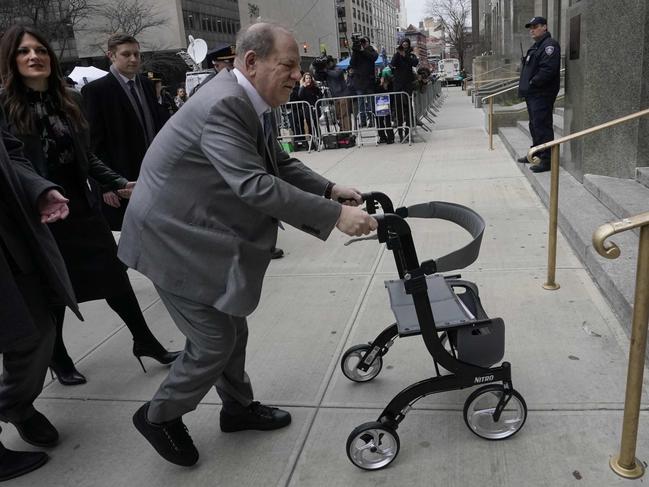
Ms Rotunno wrote that Weinstein’s jurors “have an obligation to themselves and their country, to base their verdict solely on the facts, testimony and evidence presented to them in the courtroom,” not critical news stories, unflattering courtroom sketches or other outside influences.
Confronted about the essay in court, Ms Rotunno said she was writing “about the jury system as a whole” and was not speaking to the jury in Weinstein’s case.
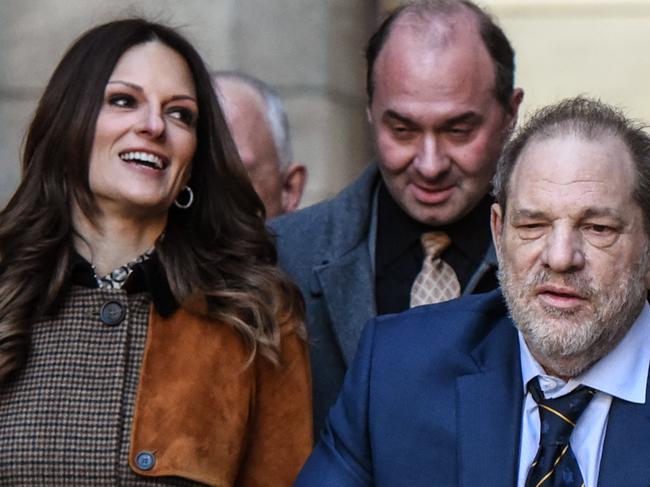
Assistant District Attorney Joan Illuzzi-Orbon said Ms Rotunno’s essay was “100 per cent inappropriate.”
She asked Judge Burke to instruct the jury to ignore the piece and revoke Weinstein’s bail and send him to jail because, she argued, it couldn’t have been done without his permission.
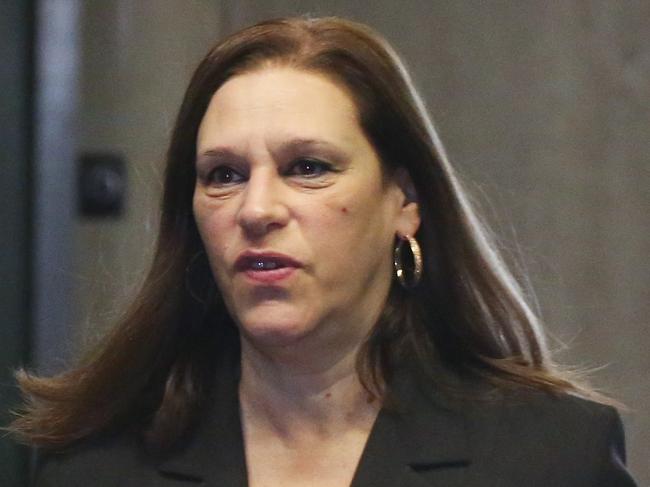
Judge Burke denied the prosecution’s request, but told Weinstein: “I would caution you about the tentacles of your public relations juggernaut.”
Two weeks ago, Ms Rotunno was criticised in court and on social media for an interview she gave to The New York Times podcast The Daily in which she blamed victims for getting sexually assaulted.
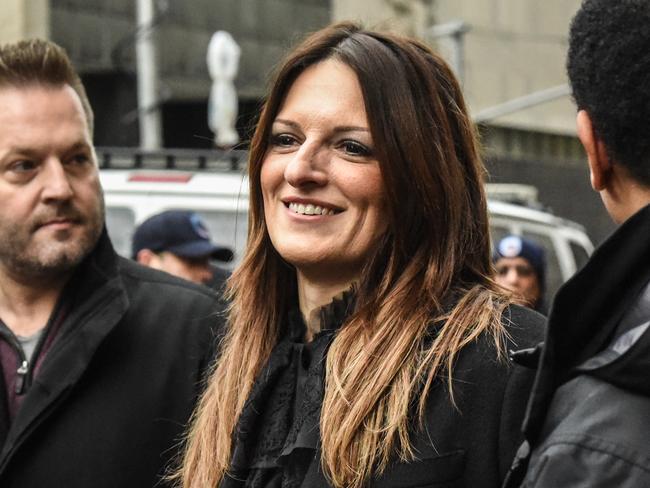
Jurors at the trial began deliberating in a case which has pitted accusers’ often-harrowing testimony against the defence’s contention that the acts were consensual, surrounded by friendly, flirtatious emails and further meetings with the film producer.
Weinstein has denied all allegations of non-consensual sex.
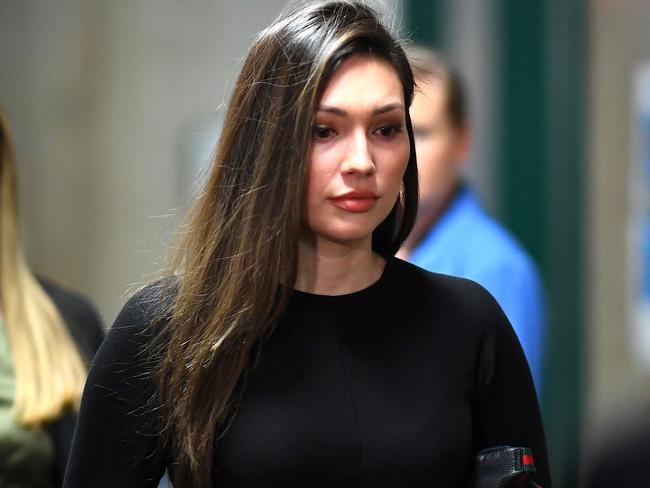
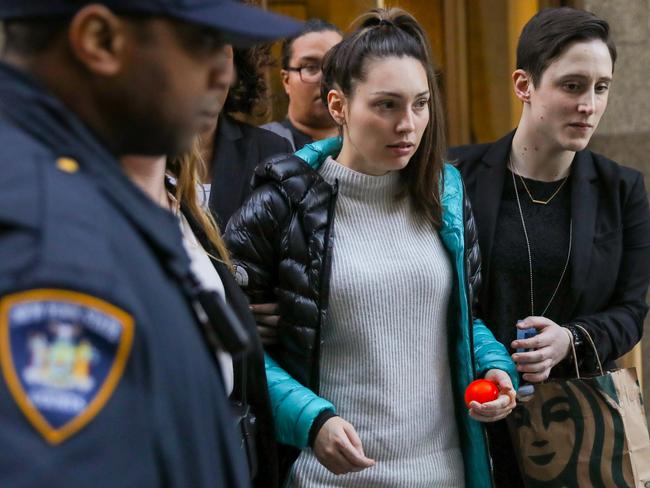
The panel of seven men and five women received instructions in the law from the judge before beginning to weigh charges that Weinstein raped a woman, Jessica Mann, in a Manhattan hotel room in 2013 and forcibly performed oral sex on another woman, TV and film production assistant Mimi Haleyi, in 2006.
“You must base your verdict solely on evidence received in this trial,” Judge Burke told the jury, reminding them that opening and closing statements by both sides are not evidence.
“You and you alone are responsible for deciding whether the defendant is guilty or not guilty. I’m going to submit this case to you for final determination. The law requires that you render an impartial verdict.”
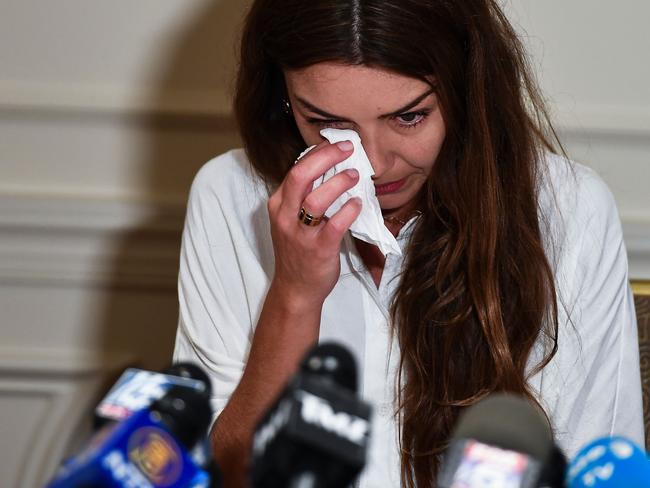
Jurors will also be weighing actress Annabella Sciorra’s account of a mid-1990s rape in considering charges alleging Weinstein is a sexual predator, even though the allegation is too old to be charged on its own due to statute of limitations in effect at the time.
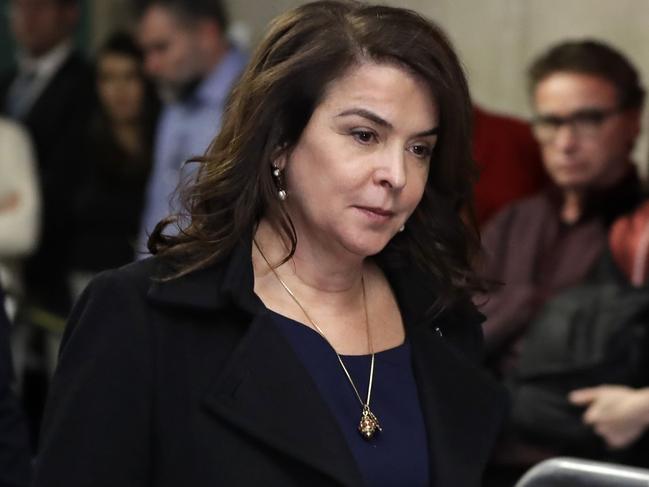
Other accusers testified as part of the prosecution’s effort to show he used the same tactics to victimise many women over the years.
A torrent of allegations against Weinstein in October 2017 was responsible for igniting the #MeToo movement.
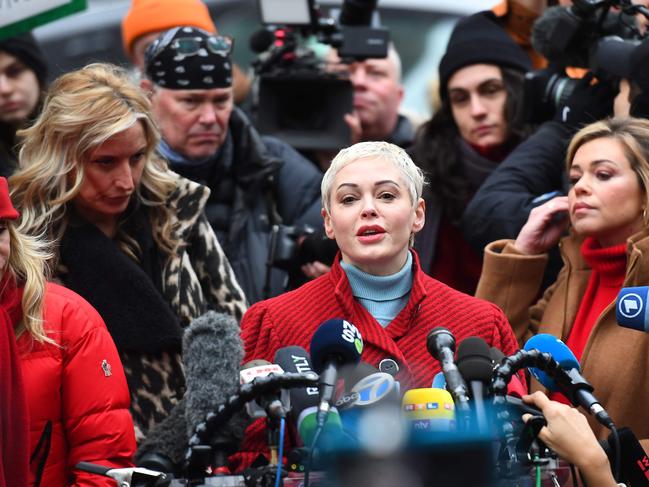
Originally published as Weinstein jury finishes day one of deliberations without a verdict, but asks judge to see blueprint of the accused’s apartment

